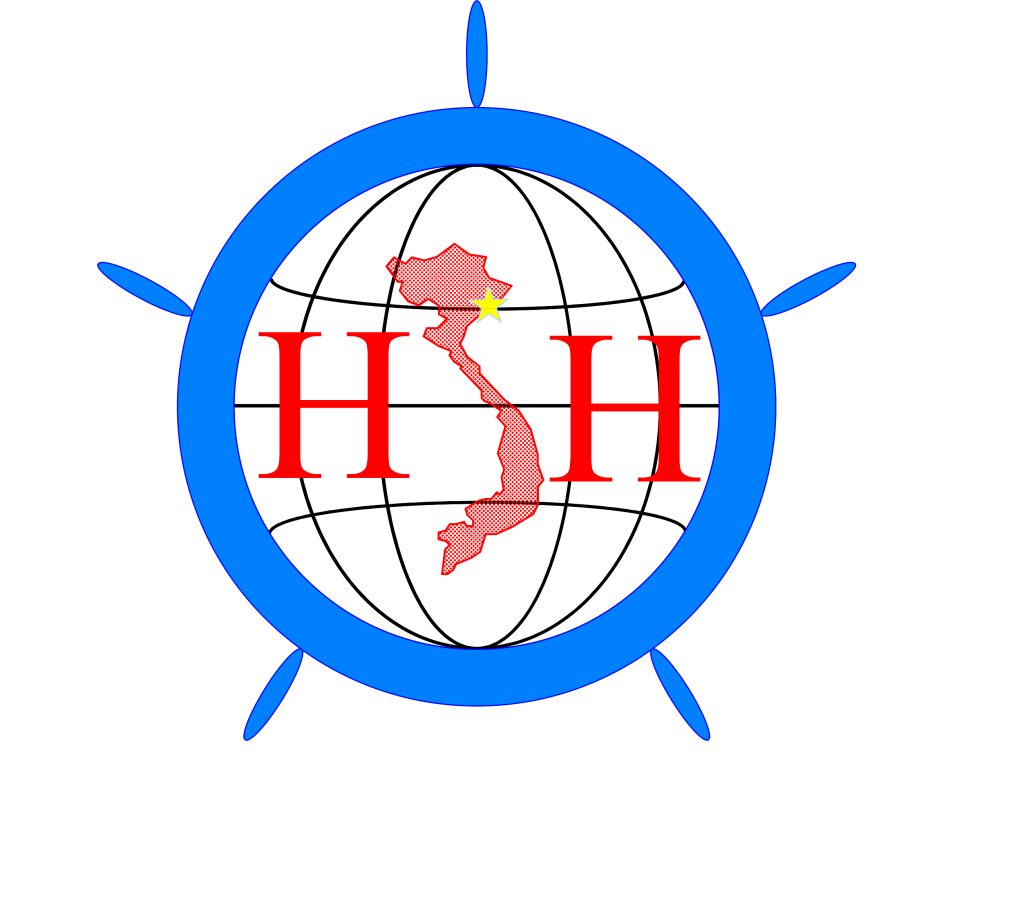Underwater service – Underwater welding technology-(UWC/UWI)
Underwater welding is one of the most widely known and well-paid jobs for divers. Most of us have the basic knowledge of welding, but exactly how underwater welding takes place, let’s take a closer look at this interesting but also very dangerous career type.
1. What is underwater welding?
Underwater welding, commonly understood as welding under high pressure, dates from the early 1930s and is still popular in many parts of the world in the maintenance and repair of marine infrastructure. , partially or completely submerged under water. Ground welders work on bridges, dams, small ships, while offshore welders work with pipes, rigs, large ships, underwater objects, and even tools. nuclear energy process.
Underwater welding techniques are essentially no different than dry welding on the ground. Both use the same basic welding technique and equipment, which is why underwater welders are trained to obtain ground welder certification first. However, this is a dangerous job that requires years of training to grasp not only the necessary knowledge and skills in welding, but also obtain certification from a reputable diving school.

The first thought that comes to mind when talking about underwater welding is the danger of electric water current. Indeed, this is a threat to this job, but surprisingly not its greatest. Even so, a lot of people choose this career because of the excitement and challenge it offers – not to mention its decent payout – averaging $ 50,000.0 a year (or more for offshore welders).
Underwater welding is one of the challenges facing welders
Although this work essentially involves the use of special electrodes (or welding electrodes) and air bubbles, there are two main types of underwater welding that are classified as follows:
A. Dry welding
While we often envision underwater welding performed when completely submerged, most are actually done in dry environments. Dry welding uses a dry chamber or a dry structure (pressure chamber) where water is replaced by a gas mixture that enables one or more different welders to work in dry conditions.
These compartments are quite expensive and are not always available to use. In this case, welders will have to switch to wet welding.
B. Wet welding
Wet welding performed depends on the accessibility of the weld zone and the severity of the failure requiring repair. One of the reasons why this method was used as a last resort, besides the danger of using electrical current under water, is because there is a high risk of the weld cooling down too quickly due to temperature. the surrounding water, thereby increasing the risk of cracking.
OTHERS DIVING SERVICE
HAI HA MARINE & SHIP REPAIR SERVICE Co.Ltd
Office: 44/82 – Vu Chi Thang Str, Hai Phong city – Viet Nam
Hotline 1 : +84 388-441-654
Hotline 2 : +84 886-441-654
Email: Technical@haihashiprepair.com
Email: info@haihashiprepair.com
Website: https://haihashiprepair.com
Please fill free to contact us as following address for any kind of marine and repairs service for your good vessel in Vietnam

RELATED POST: